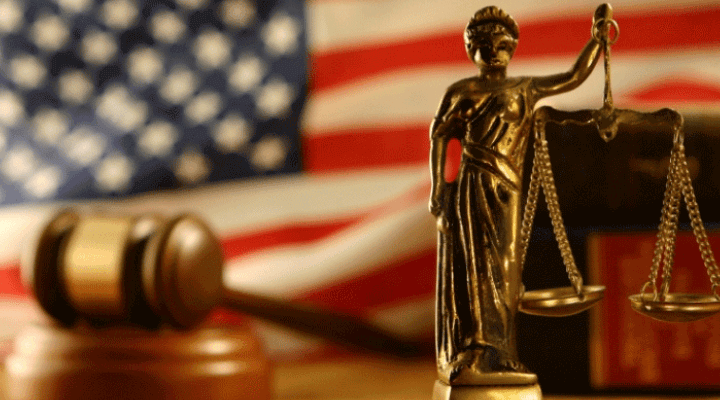Very few government employees or contractors likely associate their security clearance with the United States Constitution. Yet perhaps surprisingly, there are constitutional principles that impact how security clearance adjudicative decisions – the determinations of whether to grant or deny clearances – are made.
Those decisions are based on a system of administrative guideposts called the National Adjudicative Guidelines for Security Clearances, along with federal law. Included within the guidelines and/or federal law are: a prohibition on current illegal drug use, which includes marijuana under federal law; a potentially disqualifying condition for past involvement with illegal drugs, including marijuana; and a potentially disqualifying condition for failure to comply with the government’s rules and regulations.
Complications would seem to arise, however, in light of various states legalizing recreational or medical marijuana use on a state level. Enter the Constitution’s “Supremacy Clause”, found at Article VI, Section 2 of our nation’s charter. The Supremacy Clause provides that federal law, and even regulations promulgated by regulatory agencies, supersede or “preempt” conflicting state or local laws, thereby rendering those state or local laws void.
When it comes to marijuana, for example, even though the DEA isn’t kicking in doors of people smoking a joint on occasion in their private homes, the drug remains an illegal controlled substance under federal law and thus involvement with it a hindrance to obtaining or retaining a security clearance.
Similarly, the federal government’s policy prohibiting its employees and contractors from patronizing prostitutes – even where prostitution is legal under state, local or foreign law – is based on the same principles of preemption, despite the fact that it doesn’t carry the force of law. Since a security clearance is a privilege, not a right, the government can condition it on almost any requirements it wants, except (perhaps) those which are themselves unconstitutional (an interesting and not fully settled area of law).
The exact outlines of the preemption doctrine are complicated and beyond the scope of what most people would reasonably care to know. But as far as security officials are concerned, marijuana involvement or solicitation of prostitution is no less of a security issue if the activity took place in a jurisdiction where the activity has been legalized on a state or local level. The only relevancy that state legalization of marijuana involvement or solicitation of prostitution might have in a security clearance denial / revocation case is in mitigating the clearance holder’s intent to violate the law. But even that defense is becoming more questionable, as general public awareness of the state-federal marijuana dichotomy, for example, overtakes blissful ignorance.
This article is intended as general information only and should not be construed as legal advice. Consult an attorney regarding your specific situation.




